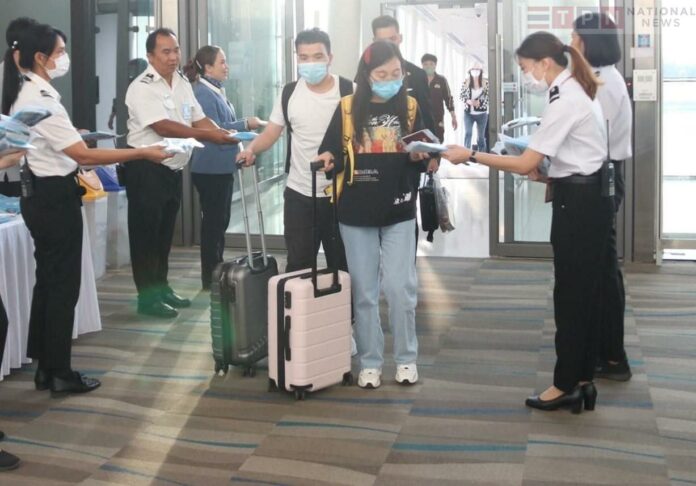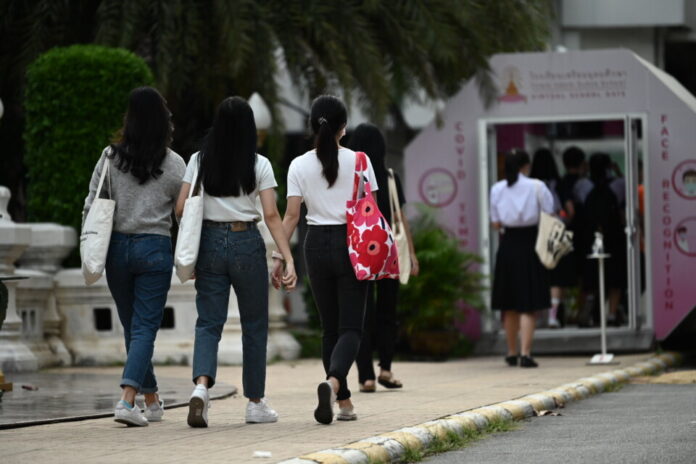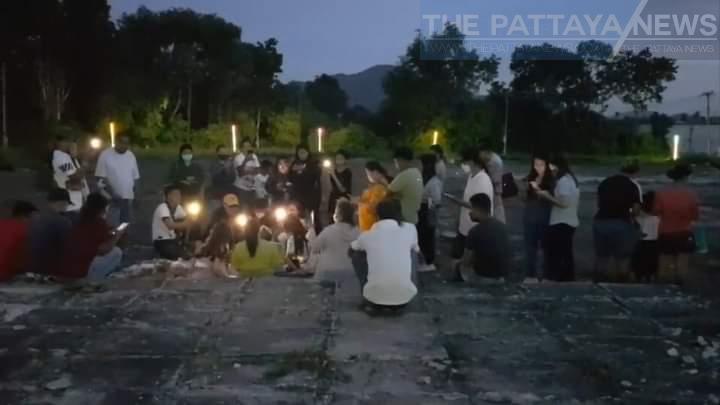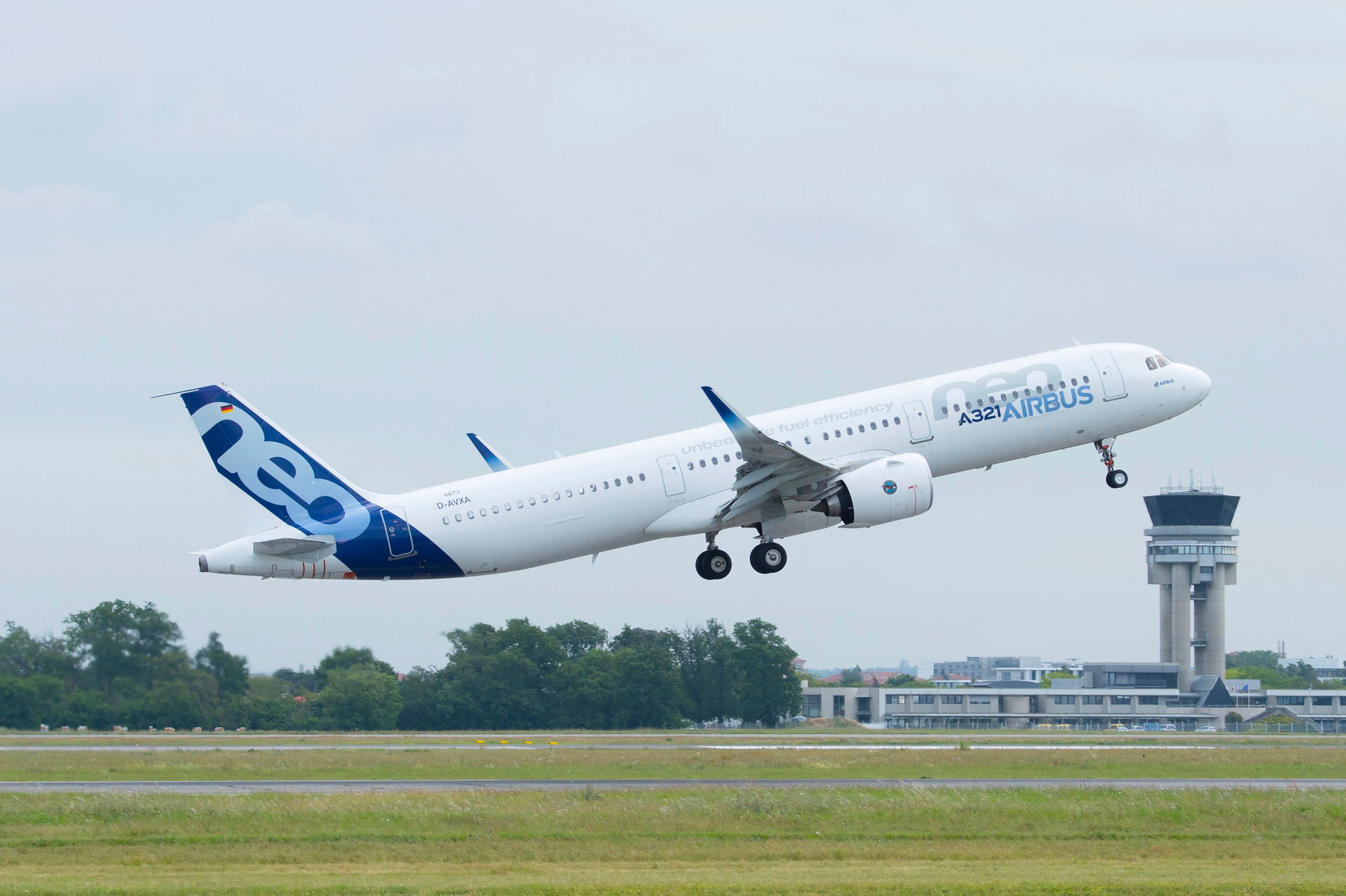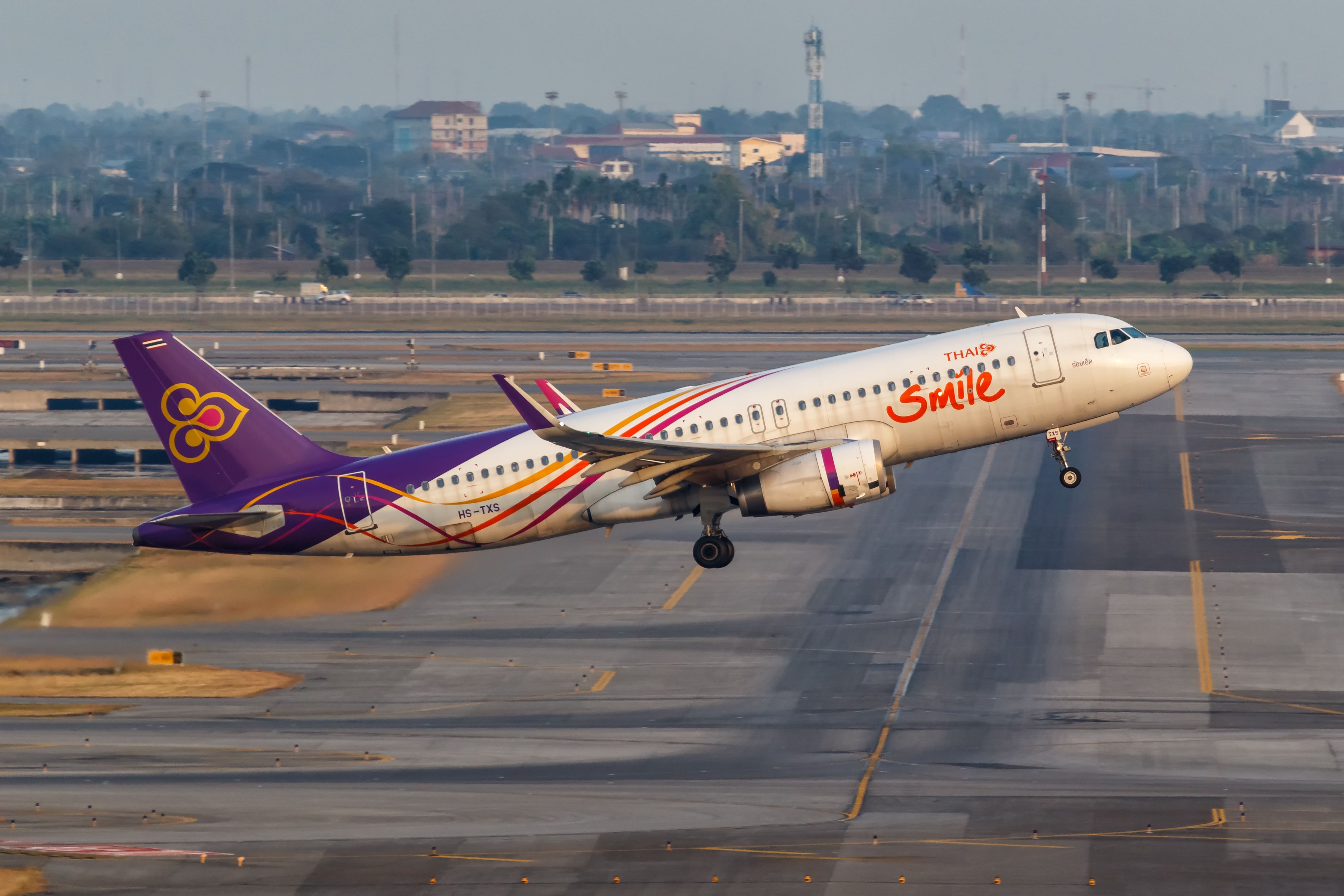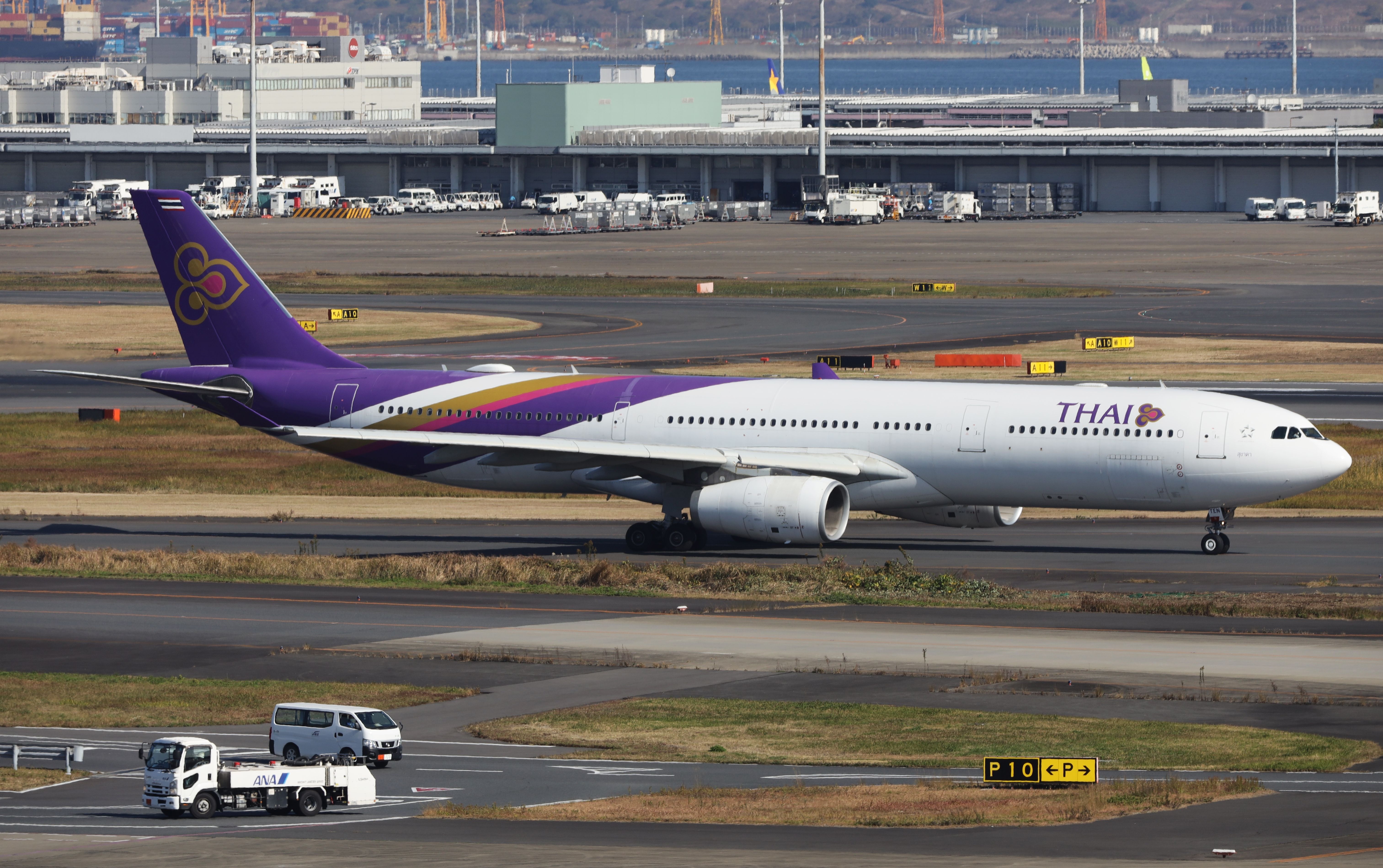Every year, hundreds of doctors leave the government sector after struggling under huge workloads for relatively low pay and with little prospect of promotion.
The numbers exiting the public health service are significant given that the Public Health Ministry employs just 24,469 doctors. Over the past decade, around 450 doctors have left each year, along with at least 150 who have retired from public service.
In recent months, several prominent medical professionals – including celebrity medic Dr Napasorn Weerayuttvilai – have spoken up about slavery-like conditions that forced them to quit their jobs at state hospitals.
"I couldn't see any light at the end of the tunnel," Dr Napasorn said of her decision to resign. She drafted the resignation after working a night shift then checking on nearly 40 hospital patients on her morning round the following day – only to be told by her senior that she should have worked faster.
What do interns face?
Petchpailin Pongboriboon explained on Facebook that in her first year as an intern, she was posted to a state hospital in the Northeast on a starting salary of 9,750 baht. She was also handed an eight-hour shift in the Emergency Room outside normal working hours, for which she received 900 baht per day.
She recounts how she was once called to attend a neurological case in the middle of the night. She quickly realized the patient needed a more senior physician and asked hospital staff to call one. They told her the senior doctor was busy in an operating room. After waiting for a considerable length of time, she checked again and discovered that the senior doctor was operating at a private hospital but had signed in at the state hospital without showing up for work.
Petchpailin spoke, too, of the excessive workload she encountered.
"I once performed seven consecutive appendix surgeries in just one night."
She said she also had to work 72 consecutive hours on one occasion because a colleague missed a bus from Bangkok.
She recounts how she became addicted to coffee during her year as an intern because without caffeine, she felt she could not keep up with her excessive workload. By the time she completed her internship and fulfilled the requirements of her medical studies, she was drinking four to five cups of coffee each day.
Although she listed many reasons for her decision to leave the state hospital, her main reason was the worry that she might one day commit a mistake while treating a patient because of overwork, and end up losing her career as a doctor.
Dr Chutinart Chin-udomporn, a representative of the Thai Frontline Physician Union, also decided to leave the public sector after suffering exhausting conditions at work.
"I used to work for 32 hours consecutively. After stints like that, I could hardly recognize my own name," she recalled.
But some interns have suffered even worse, she said. Her union has received complaints from interns saying they have had to work 120 hours without a break.
Assoc Prof Dr Surasak Leela-udomlipi, the chair of the University Hospital Network, said such problems have existed for a long time.
"But they have become increasingly obvious to the public because of growing workloads, the attitudes of new-generation doctors, and strong demand for medical practitioners in the private sector and in foreign countries," said Surasak, who is also the director of Ramathibodi Hospital.
He said the bigger workload and poorer welfare stemmed largely from the universal healthcare scheme, which covers about 45 million people in Thailand's population of around 70 million.
Public Health Ministry permanent-secretary Dr Opart Karnkawingpong said the bigger workload also came from the country's growing elderly population since older people generally have more health conditions that need tending to.
"We also have to take on the duty of providing drug-addiction treatment programs," Opart said.
"Some work overloads at major state hospitals are also related to decentralization. Some subdistrict health promotion hospitals don't have the capacity to treat people in their areas, so the patients flock to bigger hospitals."
Authorities' response
Conducted late last year, a survey by the Public Health Ministry found doctors working more than 40 hours a week at 65 state hospitals. Of them, 18 had doctors working over 46 hours per week, 11 had doctors putting in more than 52 hours, and nine admitted their doctors worked well beyond 64 hours a week.
The Public Health Ministry now says it has implemented a plan to retain its doctors, who are now fewer in number than doctors who work in the private sector. The plan focuses on four elements: higher pay, better welfare, career-advancement prospects, and reasonable workloads.
The ministry will try to recruit more doctors and offer career-advancement prospects to boost morale among medical staff, ministry deputy permanent secretary Dr Taweesin Visanuyothin promised earlier this week.
"We also plan to change the residency training system so that more interns can be based at provincial hospitals," he said.
The number of medical students and interns will also be increased to support state hospitals, he added.
Currently, around 52% of Thailand's 50,000-plus doctors are working for private medical facilities or medical schools. At present, government doctors earn between 50,000 and 60,000 baht per month. Divide that salary by the total number of hours they work and their average pay amounts to just 100 to 200 baht per hour. Doctors who switch to the private sector are generally paid much higher salaries. Physicians who set up beauty clinics – a popular business in Thailand – can expect to earn at least 200,000 baht a month.
Better distribution & stronger focus on provinces needed
Dr Thinakorn Noree, of the Human Resources for Health Research and Development Office, said doctors must be deployed more evenly across the country.
Thailand had one doctor for every 1,680 people as of 2021. However, that ratio varies widely from province to province, from 1:515 in Bangkok to 1:6,018 in Bueng Kan. By the World Health Organization's standard, the ratio should be around 1:1,000.
Thinakorn added that if more doctors are produced in Thailand, they should be dispatched to areas where shortages are reported.
The government should also lend more support to the Collaborative Project to Increase Production of Rural Doctors, he said, because medical graduates from this project had served longer in provinces. The rural doctors' project generally assigns interns to their home provinces. The retention rate ranges between 80% and 90%.
"If you focus on just producing more doctors alone, that may not be the real solution," he explained. "We need to think about how to reduce the number of doctors resigning and ease workloads too."
By Thai PBS World'
